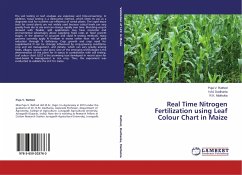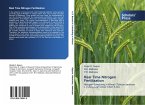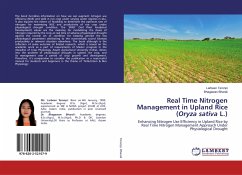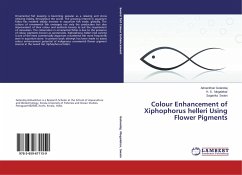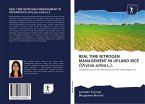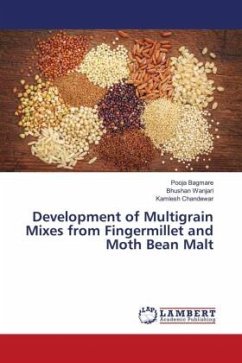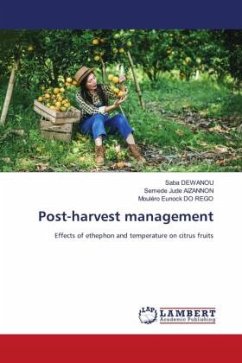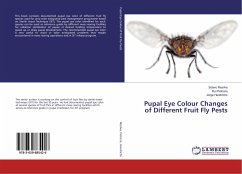The soil testing or leaf analyses are expensive and time-consuming. In addition, tissue testing is a destructive method, which limits its use as a diagnostic tool for nutrient use efficiency of cereal plants. The rapid tissue tests for cereal plants are not widely used because critical levels can vary greatly from site to site and can change rapidly over time. Matching crop N demand with flexible, split applications may have economic and environmental advantages above supplying fixed rates at fixed growth stages. In the absence of accurate and rapid N testing methods, many growers currently apply N fertilizer in excess rather than risk of yield reduction through N deficiency. Crop growth and crop need for supplemental N can be strongly influenced by crop-growing conditions, crop and soil management, and climate, which can vary greatly among fields, villages, seasons and years. One of the emerging technologies is the determination of the plant for N status in combination with soiltesting. Leaf colour chart (LCC) is the promising tool developed in recent years for need-based N management in rice crop. Thus, the experiment was conducted to validate the LCC for maize.
Bitte wählen Sie Ihr Anliegen aus.
Rechnungen
Retourenschein anfordern
Bestellstatus
Storno

